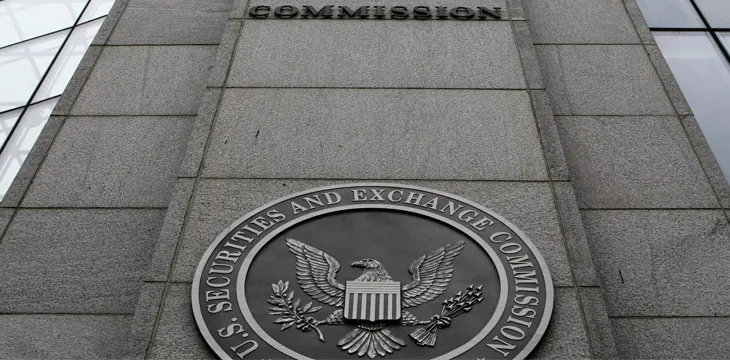|
Getting your Trinity Audio player ready...
|
The U.S. Securities and Exchange Commission (SEC) has overstepped its bounds when it rejected a proposed rule change for a BTC exchange traded fund (ETF), according to SEC Commissioner Hester Peirce.
In an interview with CNBC Africa, Peirce said the securities regulator has no jurisdiction to look at the underlying asset—in this case, Bitcoin—when considering whether to approve a rule change proposal for an ETF. She explained, “It’s not within our purview to go and look at how those markets are actually working. We should be focused on the market that’s trading the security, which in this case would be the exchange traded product.”
Apparently, bitcoin is not ripe enough, respectable enough, or regulated enough to be worthy of our markets. I dissent: https://t.co/gH5zXaKtmj
— Hester Peirce (@HesterPeirce) July 26, 2018
Several weeks ago, the SEC formally denied a second proposal to list and trade shares of the Winklevoss Bitcoin Trust on the Bats BZX Exchange. The approval would have paved the way for the launch of the first BTC ETF, but the SEC commissioners dismissed the amended proposal in a 3-1 vote, questioning whether the BZX Exchange is capable of deterring fraud and market manipulation.
Peirce, who was the lone commissioner to vote in favor of the proposal, wrote in her dissenting opinion: “By precluding approval of cryptocurrency-based ETPs for the foreseeable future, the Commission is engaging in merit regulation. Bitcoin is a new phenomenon, and its long-term viability is uncertain. It may succeed; it may fail. The Commission, however, is not well positioned to assess the likelihood of either outcome, for bitcoin or any other asset.”
Explaining her position further, Peirce told CNBC that “majority of the commission said that the proposed change was actually not consistent with the governing statute, in this case that’s the Securites Exchange Act.” Her position, she said, was that “the change before us was consistent with the Exchange Act” and “there’s no reason for us not to allow this product to go ahead and trade on the exchange.”
“They cited a number of reasons for that decision and specifically in this case, what I think they did is they looked through to the underlying asset, in this case that would be [BTC], and they raised some concerns about the market for that underlying product. I think by doing that, they went beyond what the statute allows us to do, and we should’ve really focused on the market where the exchange traded product would trade as opposed to focusing on the underlying Bitcoin markets,” Peirce said.

 09-13-2025
09-13-2025 





